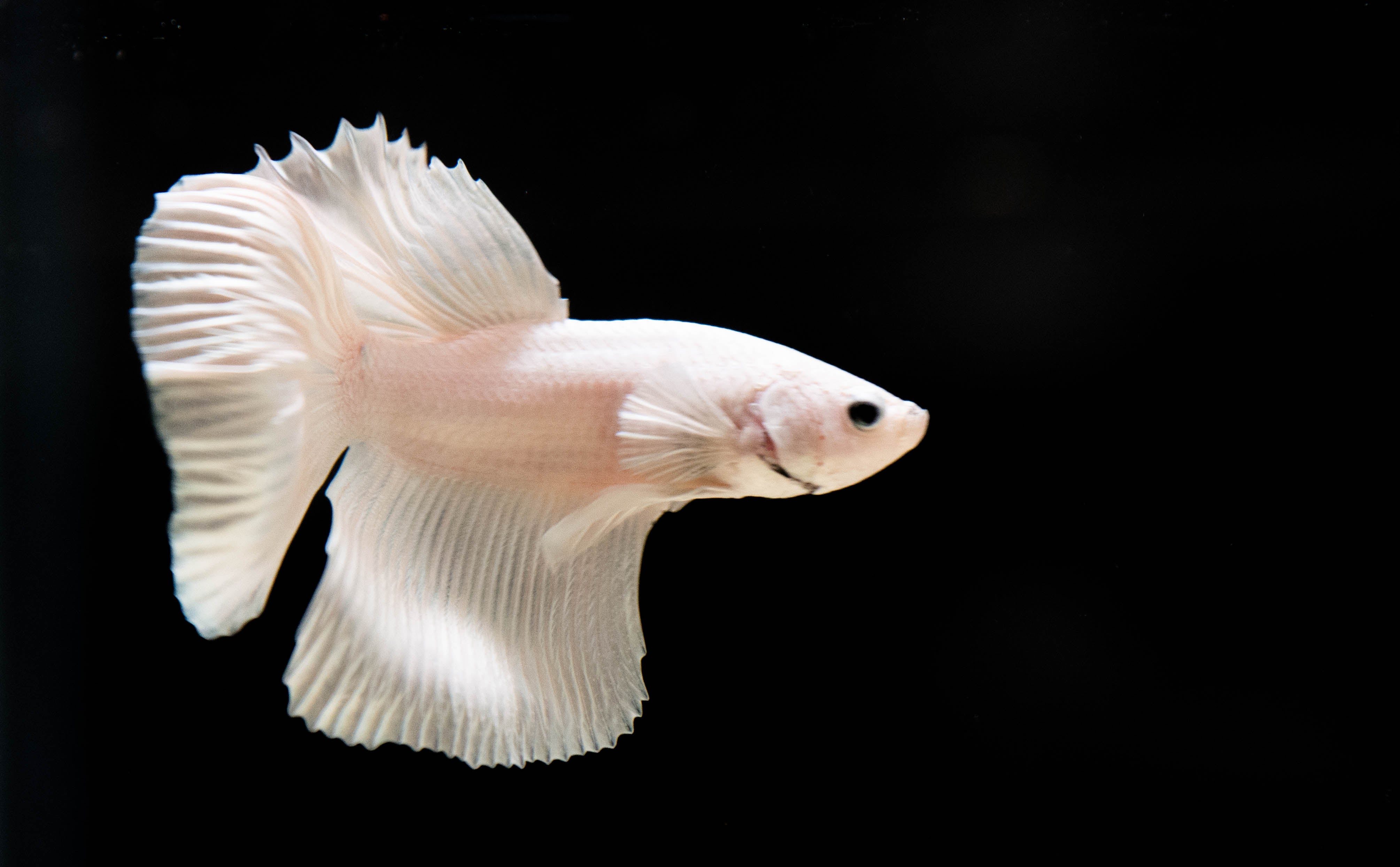Everything About Betta Fish: Understanding Their One-of-a-kind Requirements, Actions, and the very best Practices for Optimum Care
Recognizing the distinct demands and habits of Betta fish is essential for any type of aquarist aiming to supply optimum care. These captivating animals, belonging to the cozy waters of Southeast Asia, show distinct territorial propensities and call for particular ecological conditions to grow. From choosing the right storage tank dimension to recognizing prospective wellness issues, different variables substantially affect their well-being. As we check out these aspects better, the implications for both beginner and seasoned fish caretakers become significantly apparent, questioning concerning just how best to fit these amazing fish in our homes.
Betta Fish Overview
Although frequently admired for their vibrant colors and moving fins, Betta fish, medically referred to as Betta splendens, are intricate animals that call for certain treatment to prosper. Stemming from Southeast Asia, these freshwater fish are understood for their territorial nature and special habits. Betta fish display sex-related dimorphism, with males displaying much more dazzling shades and longer fins than ladies.
Their hostile propensities, specifically among males, demand mindful consideration when housing them. Bettas are typically kept in single-specimen containers to stop territorial disagreements. They can exist side-by-side peacefully with certain suitable species in bigger community containers, gave the environment meets their demands.

To make sure optimum treatment, aquarists must comprehend their distinct behavioral qualities, nutritional demands, and environment needs. betta fish. With proper attention, Betta fish can exhibit their dynamic characters and prosper in a well-maintained aquarium setup
All-natural Environment and Setting
Betta fish grow in a varied series of natural habitats, primarily located in the superficial waters of Southeast Asia, including rice paddies, swamps, and slow-moving streams. These environments are identified by cozy temperatures, usually between 75 ° F and 82 ° F(24 ° C and 28 ° C ), and a pH level ranging from 6.5 to 7.5, which is excellent for their health and wellness and health.
In their natural surroundings, Betta fish are accustomed to dense vegetation, offering both sanctuary and breeding grounds. The visibility of plants such as drifting water lilies and thick turfs not only supplies security from predators yet additionally adds to the oxygenation of the water, which is crucial for their respiratory system needs. In addition, these atmospheres frequently have locations of still water, enabling Betta fish to exhibit their all-natural behaviors such as bubble nesting.
Comprehending the natural environment of Betta fish is critical for fish tank lovers. Duplicating these conditions-- with water temperature level, pH balance, and the incorporation of live plants-- can dramatically improve the total health and wellness and long life of these captivating fish, guaranteeing they grow in a home aquarium setup.
Social Behavior and Interactions
Recognizing the social behavior and interactions of Betta fish is vital for effective fish tank administration. browse around this web-site Betta fish, or Siamese fighting fish, are known for their distinct behavior qualities, identified largely by territoriality and aggressiveness.
Alternatively, women Bettas show less aggressive behavior and can exist together in groups, called sororities, if introduced correctly. It is essential to monitor their communications very closely, as power structure and prominence can lead to problems. Comprehending the characteristics within a Betta area is essential; developing hiding areas and guaranteeing sufficient space can mitigate aggression.
Additionally, Betta fish might also show interest and social behaviors in the direction of various other species. While they can coexist with particular non-aggressive storage tank friends, it is vital to pick suitable species to stay look at this website clear of anxiety and hostility. Overall, identifying these social interactions is vital to cultivating a harmonious aquarium atmosphere for Betta fish.
Important Treatment Standards
Providing appropriate care for Betta fish is vital to their health and wellness. Regular water modifications-- about 25% weekly-- assistance keep water quality.
Betta fish need an ideal tank size; a minimum of 5 gallons is advised to offer adequate space for swimming and hiding. Include decors and plants to create a stimulating atmosphere, yet avoid sharp objects that might hurt their fragile fins.

Last but not least, make certain the storage tank is furnished with a filter to keep the water clean, yet make use of a gentle filter to avoid solid currents that can worry the fish. By complying with these vital care standards, proprietors can promote a healthy and vivid Betta fish.
Common Health And Wellness Issues and Solutions
In the care of Betta fish, awareness of usual health and wellness problems is important for keeping their wellness. One prevalent concern is fin rot, commonly triggered by poor water quality or microbial infection. Signs consist of frayed or stained fins. To deal with fin rot, enhance see it here water problems and think about using a broad-spectrum antibiotic.
Another typical disorder is ich, a parasitic infection defined by white places on the fish's body (betta fish). Treatment entails increasing water temperature level and including aquarium salt to the container, as this can help get rid of the bloodsucker
Swim bladder disorder is likewise regularly observed, resulting in buoyancy troubles. This condition may develop from overfeeding or constipation. A fasting period of 24-48 hours, complied with by a diet regimen of blanched peas, can offer relief.
Last but not least, bettas may deal with velour condition, indicated by a gold dust-like appearance on their skin. Therapy generally needs drug specifically designed for outside bloodsuckers, alongside improved tank health.
Normal surveillance of water parameters, preserving a tidy setting, and providing a balanced diet are vital safety nets. By resolving these wellness issues quickly, Betta fish can lead healthier, much more dynamic lives.
Conclusion
In summary, effective betta fish care calls for an understanding of their distinct requirements and habits. Regular surveillance of health and wellness and water high quality, along with a well balanced diet, adds to the durability and vibrancy of betta fish.